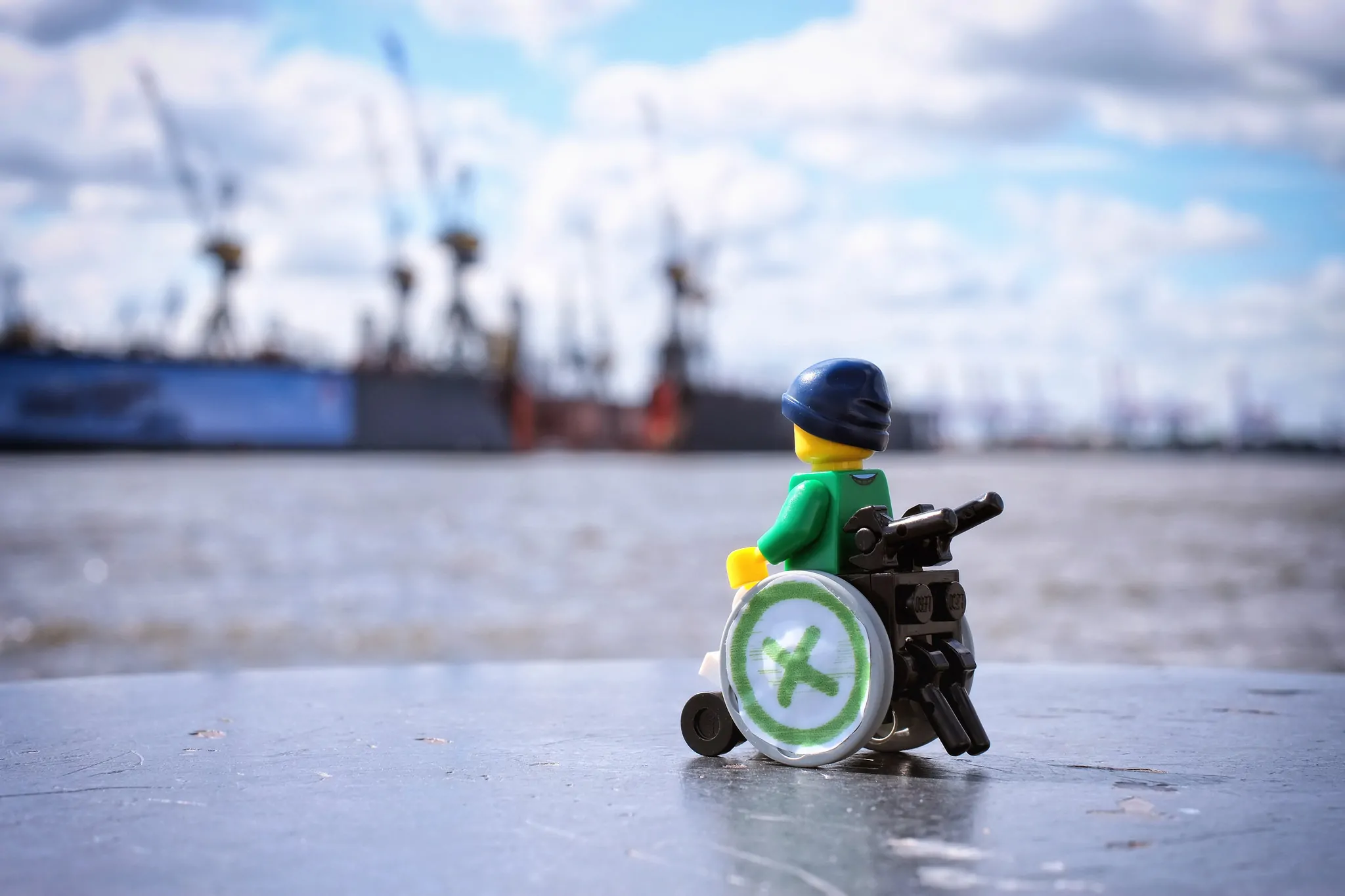Life as you know it has just changed. Today started off relatively normal. You went for your usual morning run. You arrived at work on time, and managed to put in a solid 8 hours of work. But then your day took a drastic turn, and now you find yourself dealing with an unexpected disability. How do you even begin to process the journey that lies ahead?
If you find yourself suddenly dealing with a physical crisis, the most important thing you can do, is give yourself time to process what has just happened. Cry, yell, grieve, do whatever is necessary to face the situation head on. There’s no doubt about it, few people in your life will understand your situation. In fact, you may discover early on who your true support system is, and it may be smaller than you initially realized. That’s okay. Having a small support group that’s truly there to encourage and assist you in your recovery is more beneficial than having a larger group that fails to step up to the task at hand.
Though it can be incredibly challenging at times, try to remain positive. The very nature of your attitude could actually impact your recovery. Statistics have repeatedly shown that cancer patients with a positive outlook live longer than those who stay depressed. We know the human body to be capable of overcoming incredible feats, so no matter your situation, understand that your recovery may be either aided, or inhibited by your attitude.
Try to head your doctor’s advice. Pushing yourself too hard to soon can delay or completely halt your recovery. Attend all your appointments and take it one step at a time. Small steps eventually turn into miles.
While being surrounded by friends and family during this difficult time is wonderful, try to keep in mind that you may need to speak with a professional therapist. Don’t’ feel ashamed to seek out help, and don’t isolate yourself. Focus on getting the help you need, whether it be physical or mental. A healthy spirit can achieve incredible things.
Finally, be receptive to using new tools and equipment. Mobility aids are designed to assist you with everyday living. It may take time to get adjusted, but once you have learned how to use these aids, your quality of life will drastically improve. Remember, you’re not taking the easy way out by relying on aids, but rather making your life more comfortable.
The process of accepting your illness or disability can be incredibly emotional and physically taxing. But remember, how you face it may set the tone for your recovery. Here are some great resources to consider tapping into:
- Disability Resources.org
- Tips for the Newly Disabled
- Disability: Benefits, Facts & Resources for Persons with Disabilities
- Tech Solutions for Disabilities (link to article)
- Mobility Matters (link to article)
Image Credit: sozialhelden



